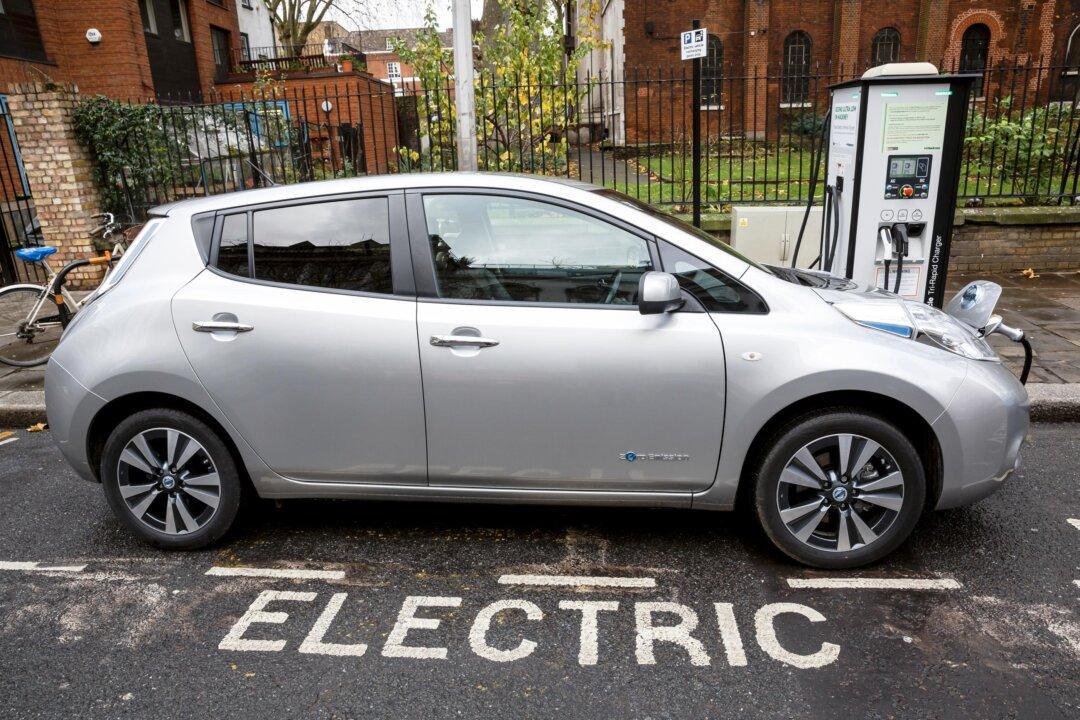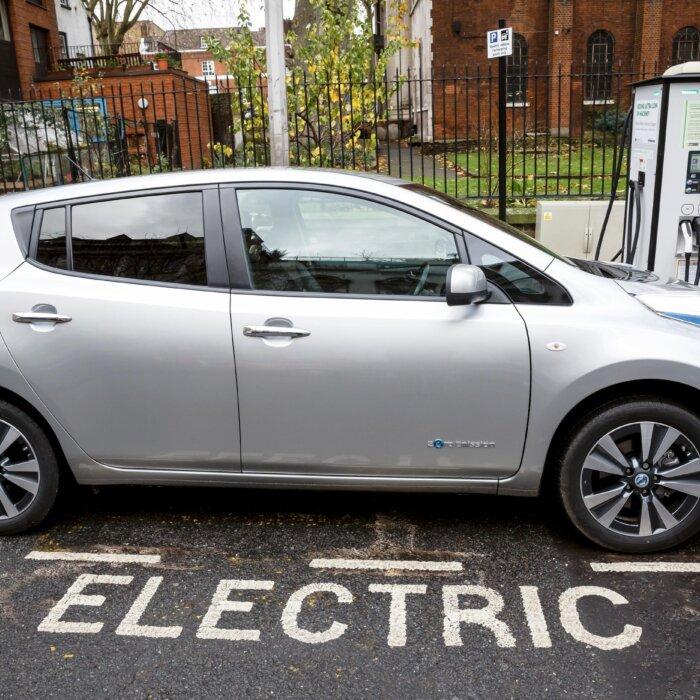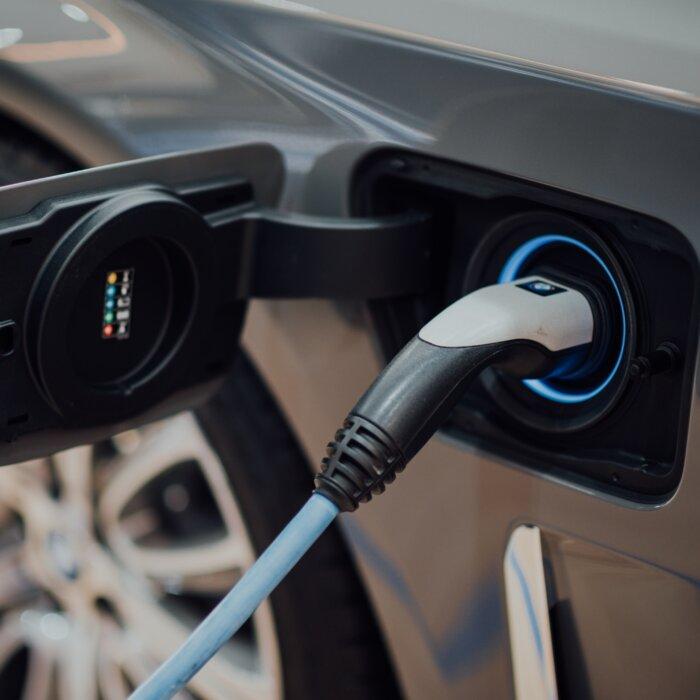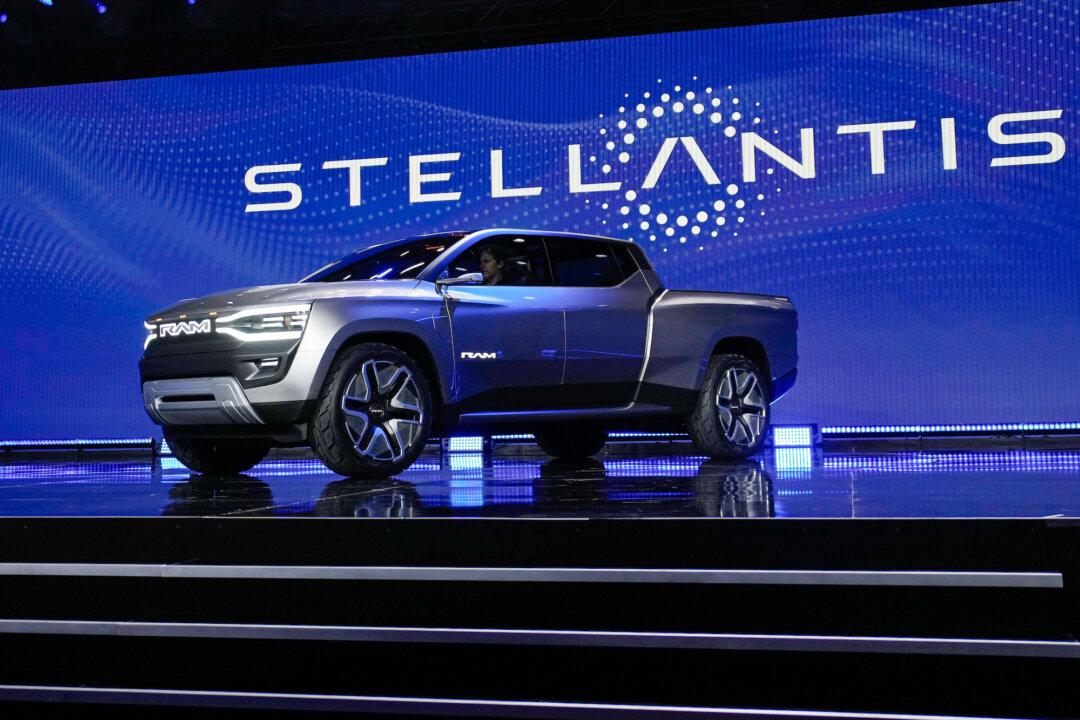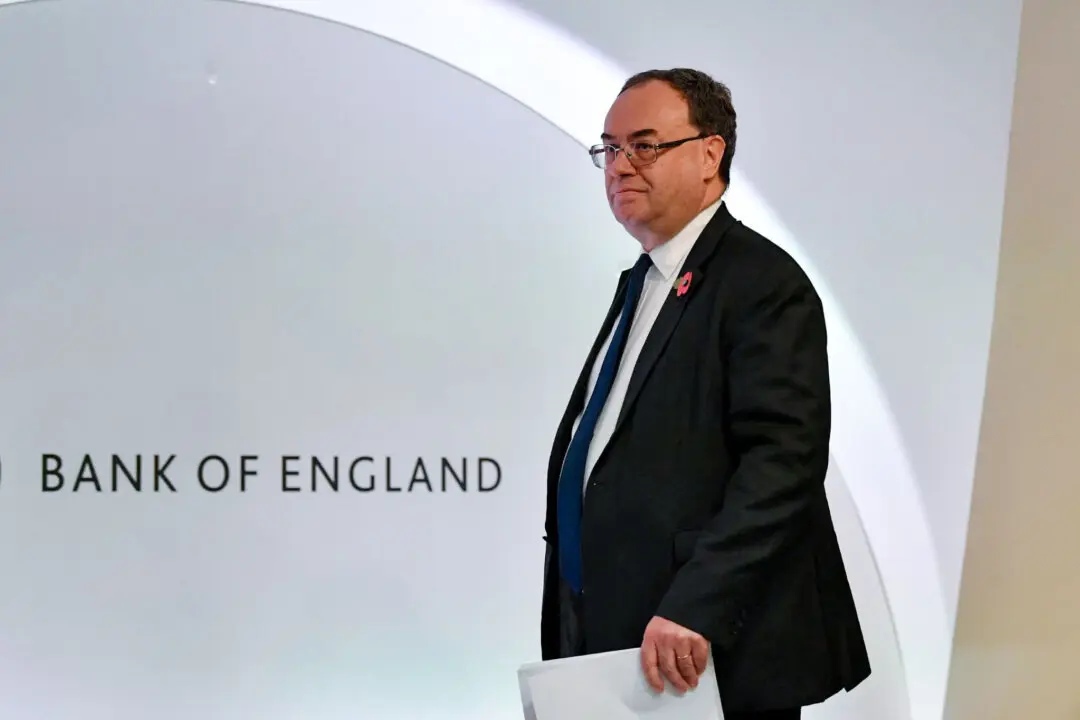A fall in the electric car market share in March has prompted the UK automotive industry to call for more government support for private consumers.
While the new car market marked its twentieth consecutive growth last month, the share of electric vehicles in new registrations fell to 15.2 percent. This is a 1 percent drop from the value recorded in February.
The trade association added that better government support was necessary to provide incentives for private retail buyers, not just fleet and businesses.
The SMMT urged the government to temporarily halve the VAT on the purchase of new EVs and revise plans to introduce vehicle excise duty for EVs.
Ministers should also work to abolish the “pavement penalty,” by reducing the VAT rates for public charging and bring them in line with home charging rates.
These measures would make “a significant difference to consumers” and help them move to zero emission vehicles sooner, the SMMT said.
“Manufacturers are providing compelling offers, but they can’t single-handedly fund the transition indefinitely. Government support for private consumers—not just business and fleets—would send a positive message and deliver a faster, fairer transition on time and on target,” said SMMT chief executive Mike Hawes.
Market Movement
March was the busiest month in new car registrations, marking a 10.4 percent annual rise and a total of 317,786 new cars reaching the road. The SMMT said the increase was typical for that time of the year, when new numberplates are released annually.Fleet investment comprised the largest contribution and 29.6 percent of the new registrations market. In contrast, registrations by private buyers fell by 7.7 percent, which the SMMT said explained by weak consumer confidence and high interest rates.
The share of registrations by small businesses also declined by eight percent.
Petrol cars topped the list of new registrations, retaining 55.7 percent of the market in a 9.2 percent year on year rise. Next in line were hybrid electric vehicles, which accounted for 14 percent of the market and a record high uptake of 44,550 units.
However, in the EV segment, the market share failed to retain growth, despite the highest ever recorded levels of registration volumes.
“The fall in BEV market share within a growing market underscores the need for government to support consumers to speed up fleet renewal. Large fleets continue to drive BEV uptake, thanks to compelling tax incentives but while registration volumes increased in March, market share declined,” the SMMT reported.
Government policies brought forward in the Net Zero Strategy include phasing out new petrol, diesel and hybrid cars and vans by 2035.
The Office for Budget Responsibility (OBR) has warned of a slowdown in EVs sales in the next three year. In November 2023, the OBR reduced its forecast for the uptake of EVs from 25 percent to 18 percent.
The fiscal watchdog also predicted a drop in EV sales top from 67 to 38 percent in 2027.
The measure would be similar to tax incentives available for fleets purchasing new electric cars and could result in an estimated 250,000 additional battery electric new cars on the road over three years, the SMMT has suggested.
